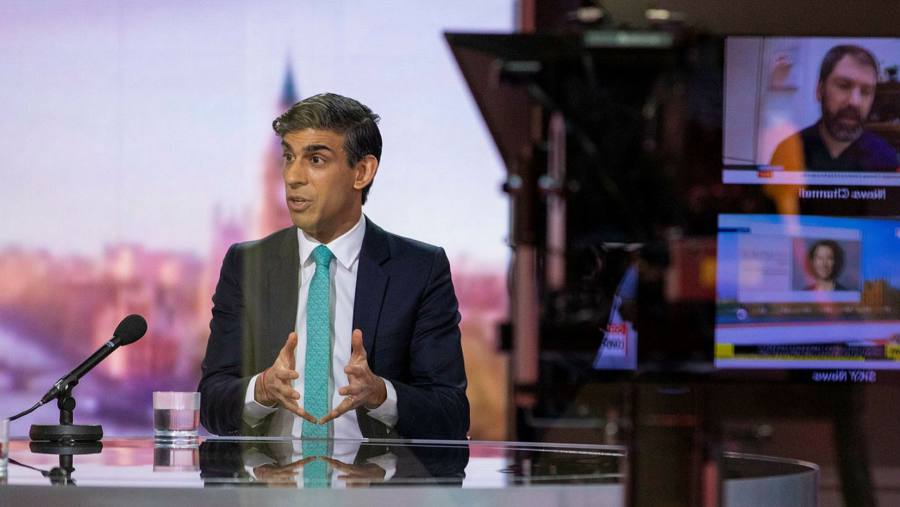[ad_1]
The UK’s rapid rollout of Covid-19 vaccines will foster a faster economic recovery, requiring fewer tax rises than feared, official Budget forecasts will show this week, as the number of people receiving their first jab passed 20m.
Rishi Sunak is still concerned about “enormous strains†in the public finances and paved the way for tax rises in Wednesday’s Budget when he told the Financial Times on Friday he wanted to “level†with people about the need to rein in borrowing.
But the outlook has improved significantly this year thanks to the vaccine programme. “The successful rollout of the vaccine is a material change in the last few months,†said one person close to the Budget process.
Some Treasury insiders have talked of a £40bn fiscal hole by the end of the current parliament in 2024. In November, the OBR thought the fiscal hole was £29bn. But the number has fluctuated significantly during the forecast process, according to those close to the process.
In its Budget forecasts, the independent Office for Budget Responsibility will set out optimistic and pessimistic scenarios for the economy, based on the likely path of the pandemic, and adjust its central forecast accordingly.
With the OBR failing to predict the huge rise in cases in December, the starting point will be worse than it thought at the time of the November spending review. But, having predicted the economy would grow 7.9 per cent in the final three quarters of this year, it will predict a faster recovery because the speed and efficacy of the vaccine rollout has surpassed even its most optimistic expectations from November. The growth rate for 2021 will be the fastest the UK has experienced in almost 50 years, with output likely to recover to the 2019 peak early next year.
Matt Hancock, health secretary, said that 20m people in the UK had now received their first jab. The NHS will this week invite people aged 60 to 63 to have theirs. Boris Johnson called it a “huge national achievementâ€.
With the fiscal watchdog tying its expectation of the long-term economic consequences of coronavirus to the success in inoculations, this will allow it to bring down its assessment of the fiscal hole that needs to be filled to stabilise the public finances.
That does not mean there is no need to repair the hole in the public finances, however. The chancellor is nervous that the forecasts have been extremely volatile and, according to allies, is not “claiming it is all sortedâ€, because new variants, public spending pressures and changes in interest rates or inflation could throw the public finance numbers off course again.
One concern in the Treasury is that the OBR closed the financial market prices in its forecast on February 4, before the sharp rise in government borrowing costs over the past month.
Health authorities on Sunday reported that six cases of a coronavirus “variant of concern†— first detected in northern Brazil — had been identified in the UK.
With so much uncertainty, the government’s plan is still to highlight the damage to the public finances from the pandemic and seek to repair any long-term damage to the public finances over time.
In the meantime, Sunak has said he would do “whatever it took†to protect jobs through the rest of the pandemic.
Treasury officials have refused to comment on expectations that Sunak will raise corporation tax from its current 19 per cent to a level in the mid-20s — each percentage point rise yields £3.3bn — in a move that the chancellor argues would still leave Britain competitive.
Sunak hinted on the BBC’s Andrew Marr Show that increases in headline taxes could be offset by incentives to boost investment. “We want to make sure that business investment also recovers strongly,†he said.
The chancellor has also agreed with the prime minister that a “temporary uplift†in universal credit payments during the pandemic — worth £20 a week to households — should continue for six months beyond its planned March expiry date.
Meanwhile Sunak will use his Budget to earmark £1.65bn for the Covid-19 vaccination programme, declaring that it was essential that the country maintain “momentum†in fighting the disease.
[ad_2]
Source link





